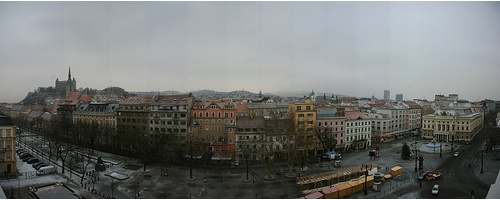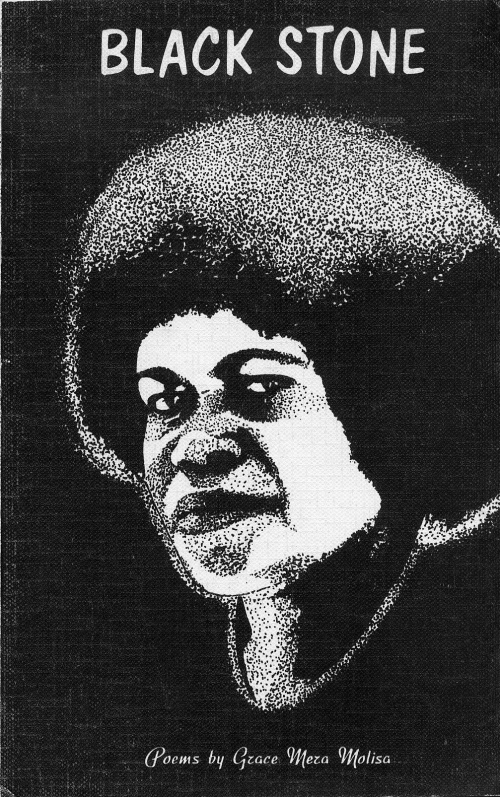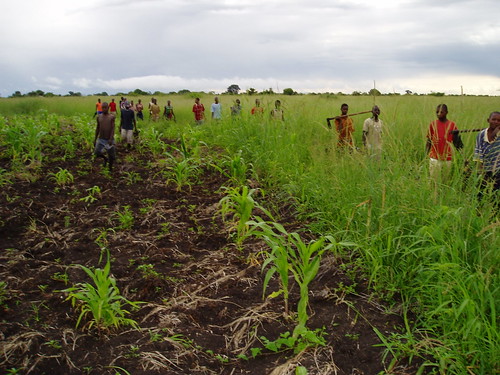Rivers of Babylon by Peter Pišťanek (pronounced pishtyanek, apparently) is a caustic satirical novel set in a big hotel in Bratislava, now the capital of Slovakia but then in Czechoslovakia, at the time of the collapse of the communist government. It has a cast of prostitutes, black-market money changers, former secret policemen and sex tourists.

The anti-hero of the novel is Rácz, who starts out stoking the boilers the hotel, but ruthlessly fights his way up the food chain. The introduction suggests that ‘Rácz will prove as immortal a rogue as Fielding’s Jonathan Wild, Gogol’s Chichikov or Thomas Mann’s Felix Krull’. I’d only add that ‘rogue’ seems too mild a word for a character as brutal as Rácz.
The comparison that sprang to mind for me (and I should probably be more careful of these comparisons to half-remembered books I read more than a decade ago) was A Confederacy of Dunces. It has something of the extravagantly grotesque quality that I remember Toole’s book having. Rivers of Babylon was published in 1991, so it was absolutely topical at the time, and it has the real edge of satire written in response to dramatic current events.
This translation by Peter Petro was published in 2007 by Garnett Press, a small press set up by the Russian Department at Queen Mary, University of London. Rivers of Babylon is the first book in a trilogy, and apparently they hope to publish the other two books ‘soon’. I imagine that it’s an uncertain business trying to publish on that scale, but I for one would certainly pick up the sequel if I got the chance.
Rivers of Babylon is my book for Slovakia for the Read The World challenge.
» The photo, Square in Bratislava, is © Rob & Lisa Meehan, and used under a CC Attribution licence.



